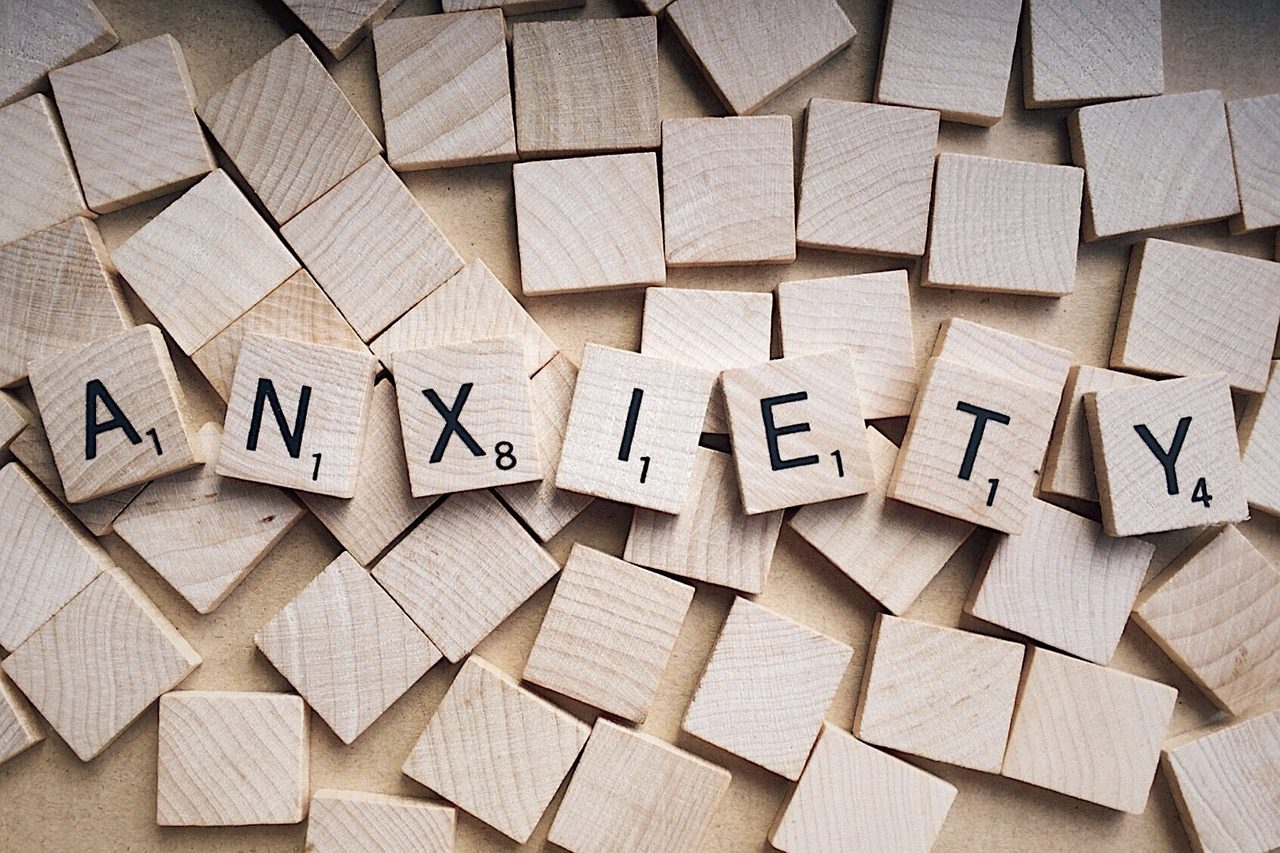by Dr. Beth Cunningham, Psy.D. / in Active, Adult Relationships, Anxiety, Articles, Blog, Depression, Family Relationships, Grief, Healing, Self Improvement, Trauma / tags: Adult Relationships, Communication, Couples Counseling, Trauma, Traumatic, Women's Issues

Marie was feeling productive at work when she received a phone call from her mother. As soon as she saw the caller ID, she felt irritable and dismissed the call. For the rest of the day, she struggled to return her focus to her work or get anything accomplished.
Brenda was enjoying her time out to dinner at a nice restaurant with her boyfriend, Jude. However, she wanted to run out of the restaurant when Jude took his phone out of his pocket and started doing something on it. For the rest of dinner, she just answered his questions with one-word answers and couldn’t wait to get home so she could go to sleep.
Tiffani was fully engaged in the conversation at her 11:00 business meeting, which she found to be fascinating. When the colleague sitting next to her raised his hand to interrupt the discussion, she flinched and had trouble participating in the remainder of the meeting.
What do these women have in common?
Although at first glance, these women may seem to be drastically different from one another, when we take a moment to investigate their histories, we find similarities in their reactions in each situation. Each of these women’s reactions makes sense. Each of these women’s trauma response was triggered by the circumstances of their environments and made it difficult for her to fully engage in the present moment.
Marie grew up in a home where she never knew what she would experience when she walked in the door. Some days, her mother would be waiting to greet her with a smile and interest in what happened at school. Other days, her mother would be drunk on the couch, waiting for Marie to return from school so she could take care of her mother’s every need.
Brenda’s first marriage started off great, but after a year, her husband didn’t seem to even know she existed, that was, until he wanted something from her sexually and he could not be deterred. Brenda felt unwanted and cast-off and wasn’t surprised the day he filed for divorce because he found a “better woman.” It took a long time to feel ready to date again, but finally, she was willing to try again.
Tiffani’s step-father was scary and mean. She would hide in her closet to stay away from him when he was angry, praying that he wouldn’t find her because she was afraid that this time, he would hit her so hard she might die.
What is a trauma response and why does it happen?
Our brains automatically respond to dangerous, stressful, and traumatic situations by prioritizing reactions that will keep us safe; this is a very good thing, as it helps us to survive. When a person experiences these dangerous, stressful, or chaotic situations time and again, his/her brain gets really good at quickly prioritizing this survival response. Sometimes, the brain is so good at doing this, the survival response becomes the automatic and occurs even when the person is in a completely safe situation. This triggered reaction is a trauma response and it makes sense. Marie’s trauma reaction was triggered because her brain knows that sometimes when she talks to her mom, she isn’t safe. Brenda’s trauma reaction was triggered because she felt unwanted by her boyfriend when he started using his phone; she had been here before and it was not safe. Tiffani’s trauma reaction was triggered because her brain knows that sometimes, when someone near you raises his/her arm, it is to hit her. Although each of these women may not understand why she reacted in the way she did, each response makes sense in light of her past experiences and makes it difficult for her to fully engage in the present moment.
What can I do if I experience things like this?
First and foremost, seek support from safe and trustworthy people. Talking through your current and past experiences with a family member or friend who has consistently been safe and caring can help you express these things so you don’t have to hold them inside or on your own. Many individuals find it helpful to participate in therapy in order to have a safe place to discuss these reactions and the situations that have caused them and work towards growth and healing.
Secondly, take care of yourself when these reactions occur – maybe you need to take a break to go for a walk, grab a coffee, or take some deep breaths. Do something little and easy to help calm your brain and your body down so that you can re-engage in the present moment. Be kind to yourself by reminding yourself that this reaction was helpful for your survival at one point in time and makes sense in the current situation – there is nothing inherently wrong with your reaction and you can do something to help yourself through it.
If you would like to begin receiving professional services for reactions such as those described above, our office has therapists who have specialized training to provide services to individuals who have experienced trauma. Please click here to request an appointment.
*These stories are fictional and were created with the intent to illustrate triggered responses as a result of traumatic experiences in order to increase awareness, offer knowledge, and provide support for those who may be experiencing similar reactions.
About the Author: Dr. Beth Cunningham, Psy.D.



